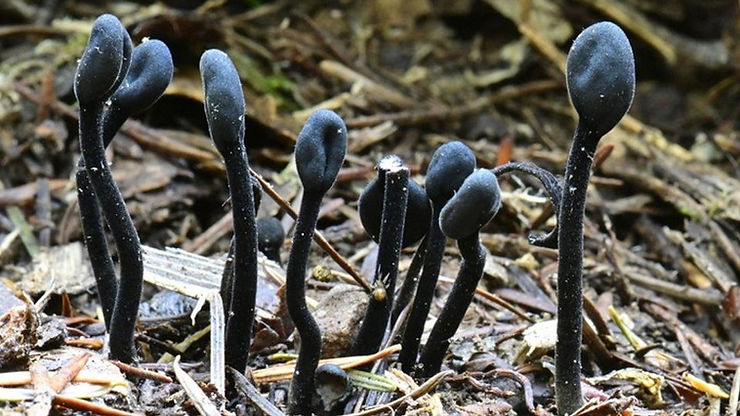By: Ethan Pi
90% of plants depend on symbiotic fungi. Fungal networks help eliminate atmospheric carbon dioxide by almost 90%, supporting life on Earth. You could even argue that we wouldn’t be able to breathe without the existence of fungi. Yet these fungal networks have often been overlooked and, in extreme cases, wiped out completely by us humans.
Scientists believe that 500 million years ago, several aquatic plants couldn’t survive on their own and began to wither. Luckily, plenty of fungal mycelium networks served as their root systems and enabled them to develop and live interdependently. However, let’s not mention the fact that fungi can even help reverse the cycle of climate change. Fungal networks do this by capturing and storing carbon from the soil and removing it from the atmosphere. In fact, many fungal enthusiasts believe that fungi might be able to help draw down some of the carbon even as pollution occurs.
Even after all these benefits that fungi provide for mankind, there remains an urgency. We don’t realize and consider the ways to save and protect the fungal world.
Aside from reducing the carbon footprint on Earth, fungi also help humans in various ways: they collapse disorder in honeybees, they can be harnessed to break down toxic pollutants, and they even create sustainable and reliable materials such as bricks and leather.
Fungi allow trees to talk to each other. The “Wood Wide Web,” coined by Dr. Simard, is a network of Mycorrhizal fungi that form a symbiotic relationship with tree roots. The vast network allows trees to warn each other about pests, drought, and disease. That way, most of the trees survive and continue to provide fresh air that we humans need for the environment.
However, the fungal world is, even up to today, neglected in conservation frameworks, curriculums, and scientific and medical research. When we use land mines or create wildfires, whether intentionally or accidentally, we pose a tremendous risk to these fungal communities.
When you yell the word “fungi” to a person across the street, the person across the street would most likely be grossed out. However, the fungal kingdom plays an essential role as a building block in the planet’s ecosystems. Without the fungal world, we wouldn’t have fertile soil, plant life, herbivores, carnivores, or even humans! Our role in raising awareness in keeping these organisms alive is more than an imperative task. We need to put our best foot forward to spread the news on these ancient decomposers that brought so many creatures to life.











